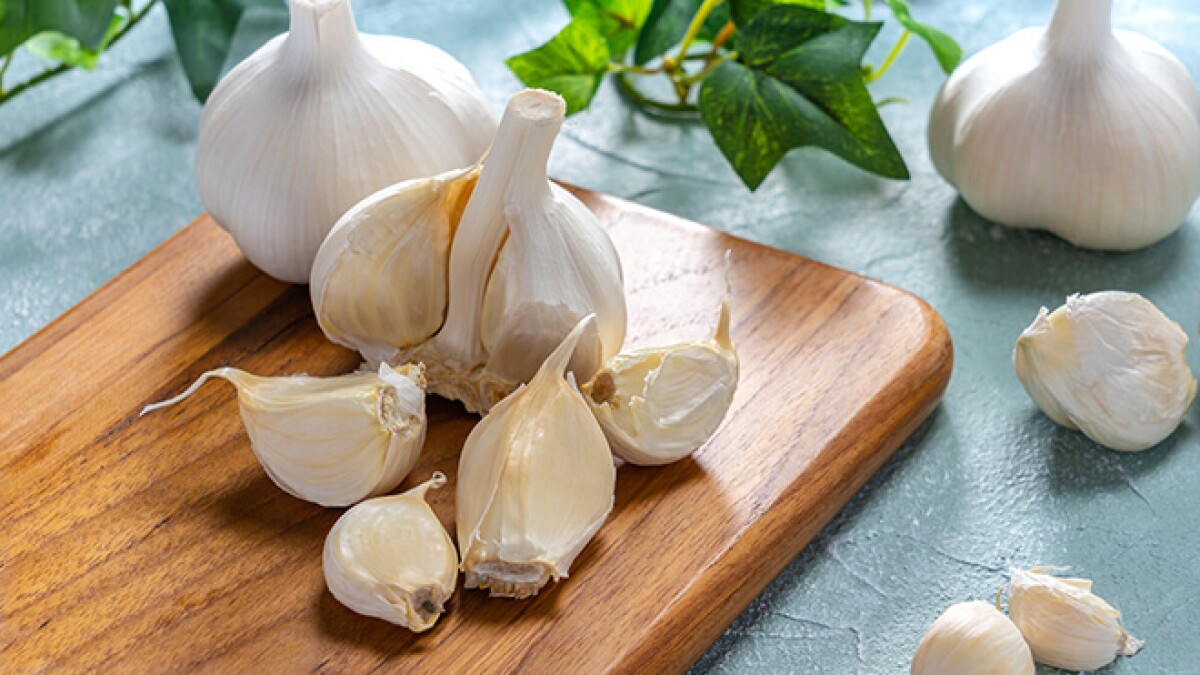Text
Speaker 1: Tuk Tuk
Speaker 2: Kas ten?
Speaker 1: Česnakas
Translation:
Speaker 1: Knock Knock
Speaker 2: Who’s there?
Speaker 1: Garlic
Context
IZ is a 20 year-old college student from Lisle, Illinois, living in Los Angeles, California. Both her parents’ families immigrated to the United States during World War II and remain connected to their Lithuanian roots through strong immigrant communities in the US.
IZ described this joke as a “Lithuanian take on American knock-knock jokes.” The punchline comes as a pun that requires an understanding of Lithuanian. “The ‘who’ is omitted because it’s part of the word for garlic,” IZ explained. “See how ‘kas’ and the end of ‘česnakas’ are the same?”
IZ first encountered this joke at Camp Dainava, a Lithuanian camp in Manchester, Michigan, which she has been attending “ever since I was in my mom’s stomach.” They would often sit around a bonfire — here IZ emphasized the importance of bonfires in Lithuanian culture — and share jokes and skits. For IZ, the camp provided a way to bond with other people of Lithuanian background, and share language, culture, and folklore.
IZ added that the camp was founded by an organization with the aim of helping Lithuania declare independence by getting American international recognition.
Analysis
This is a classic example of a knock knock joke as it is found in many cultures and languages around the world. It is interesting that IZ sees it as a take on American culture, since, in true folklore fashion, determining the origin of a joke style is more complicated.
It is notable that this joke was shared in a multilingual setting at IZ’s Lithuanian Camp, since it requires knowledge of the language to understand its pun. This type of folklore, as it is shared around the bonfire, would be the most difficult to understand if someone had limited knowledge of the language. Skits and other more performative jokes could be grasped through context, but this one is purely linguistic. Thus it may have served an interesting function of encouraging fluency and establishing a measure of belonging to the cultural group.
Lastly, the context of IZ’s Lithuanian camp and its history provides an interesting example of how institutions can preserve folklore and culture in the interest of nationalism — even outside of the country itself. Further study could examine which immigrant cultures within the United States have the strongest folklore preservation and why.

